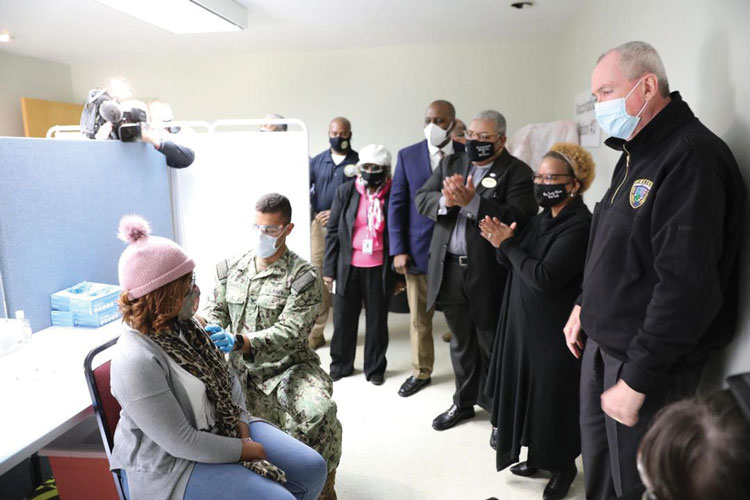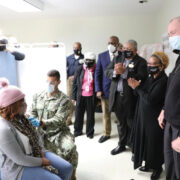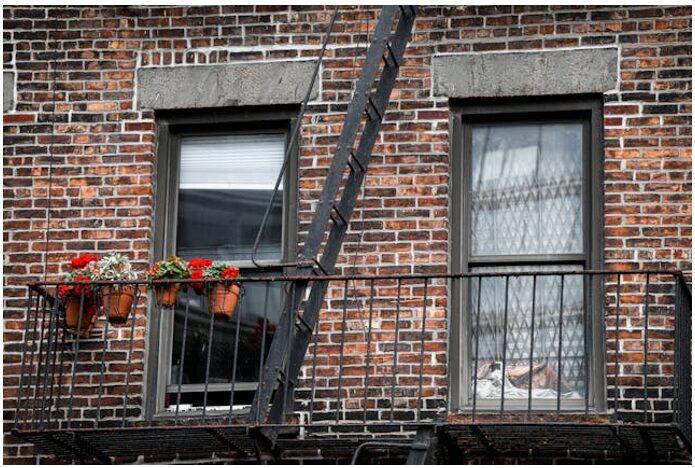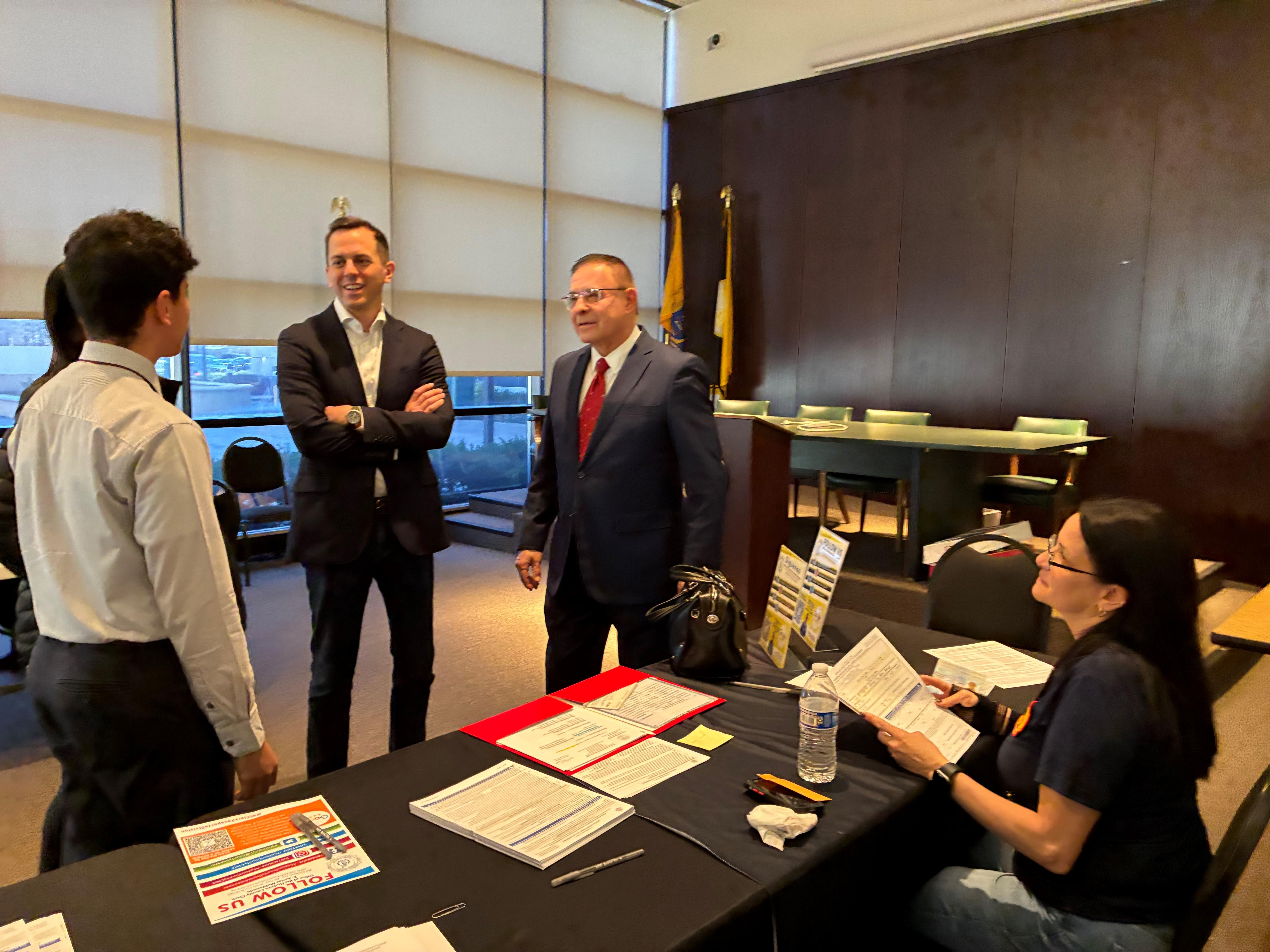
| Photo by Edwin J. Torres/ NJ Governor’s Office
NEW confirmed cases continue to rise in New Jersey in the past few weeks, prompting Gov. Phil Murphy to pause the reopening of the state.
Speaking on CNN, Gov. Murphy said Monday that the state battles a surge in COVID-19 variants.
The governor, speaking on CNN, said any further reopenings or capacity increases are on pause in the Garden State because of the increase in virus variants.
“My guess is we won’t be opening up further capacities for some time now … because of the caseload,” Murphy said. “We’ve got these variants: whether they be Brazil, South Africa, UK, New York City, whatever it might be – they’re in New Jersey.”
According to state data, the state’s seven-day average of new cases was 3,391 cases as of Tuesday, up 11% from a week ago. Hospitalizations have also risen in recent weeks and have hovered between 1,900 and 2,000 patients, but on Monday, the number of people hospitalized across the state surpassed 2,000 patients for the first time in nearly a month.
Vaccination efforts have expanded and as of this week, 3.45 million vaccine doses have been administered in the state, and more than 3.6 million residents have received at least one vaccine dose and more than 1.2 million people have been fully vaccinated.
The state’s goal is to vaccinate 70% of its adult population by the end of May.
Despite all the vaccination efforts and constant reminders, New Jersey doubled the national average of new cases within the past week.
“We are back to leading the nation in the spread of this virus. Only you all, by the millions, can stop the spread of this virus,” Murphy said in his press briefing earlier this week. “As I have said and we have said repeatedly, the presence of vaccines — which is great, and we’re among the nation’s leaders in getting the shots into arms — it does not mean the pandemic is over. We still have work to do together.”
Murphy also responded to questions about the state appointment system for vaccine not running smoothly for residents looking for a spot on the line, saying that there is a big “supply-demand imbalance”.
“The biggest challenge we have is we don’t have enough doses,” he said. “If you have not been able to get an appointment and you’re anxious about that, we have nothing but sympathy and I promise you you’re going to get it. And it may not be as soon as you’d like, but that’s because we don’t have the supplies that we’d like.”






